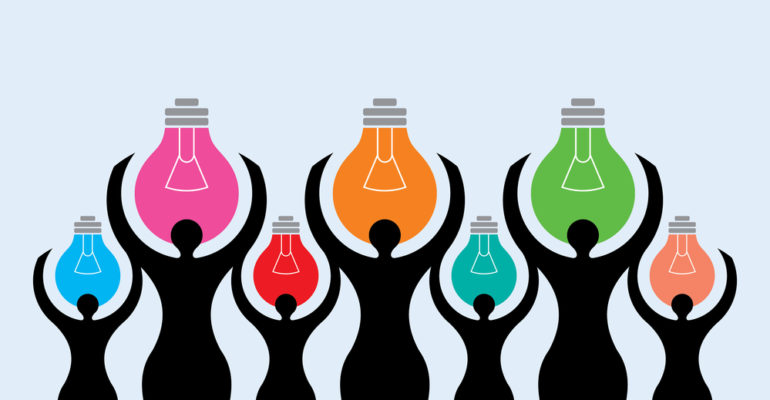Leading Transformation and Innovation in Mental Health: Clinicians at the Forefront
In the ever-evolving landscape of mental health, clinicians play a pivotal role in leading transformation and innovation. As the frontline warriors in the battle against psychological distress, our responsibility goes beyond individual therapy sessions. We are catalysts for change, advocates for progress, and architects of a brighter future for mental wellness.
The Clinician’s Role:
As clinicians, our role extends far beyond traditional therapy sessions. We are educators, activists, and pioneers in the field of mental health. We have the privilege and the responsibility to challenge outdated norms, advocate for systemic change, and drive innovation to better serve our clients. Emmanuel, a dedicated member of the SWEET community and an experienced clinician currently pursuing his PhD, often reminds us with conviction, “If it’s not us, then who?”
Uniquely Positioned to Lead:
We are uniquely positioned to lead the transformation and innovation in mental health. With our intimate understanding of human behavior, our rigorous training, and our deep empathy, we possess the tools necessary to drive meaningful change in the lives of individuals and communities alike.[1]
Community Collaboration:
Adolfo, a founding member of the SWEET community and director of social services at multiple community agencies in New York City, consistently emphasizes the importance of our leadership role. While our impact as individual clinicians is significant, we cannot achieve true transformation alone. It is through collaboration and community that we can amplify our efforts and effect systemic change.[2] By coming together, sharing insights, and pooling resources, we can create a more comprehensive and effective approach to mental health care.
Leading from the Front:
We cannot afford to lead from behind. The stakes are simply too high. The prevalence of mental illness, the gaps in access to care, and the disparities in treatment outcomes demand bold and decisive leadership.[3] It is up to us to step forward, to challenge the status quo, and to drive the agenda for change. Monique, a valued member of the SWEET community, brings a unique perspective as both a nurse and a social worker. She is collaborating with the SWEET Institute to develop a coaching program aimed at clinicians transitioning into managerial roles. In her own words, “They need to learn how to be the best clinician leaders they can be.”
Addressing the Disparities:
There is a glaring gap between the advancements in science and technology and the services available to those in need. Too many individuals are left suffering due to a lack of access to evidence-based care. As clinicians, it is our duty to bridge this divide, to ensure that all individuals have access to the resources and support they require.
Combatting Misinformation and Stigma:
Marie, a dedicated member of the SWEET community and a seasoned clinician with experience in both community settings and private practice, is also a passionate advocate with NAMI. Recognizing the importance of effective communication in advocacy work, Marie has chosen to enhance her public speaking skills by attending Toastmasters. She is committed to becoming the most impactful advocate she can be. Misinformation and stigma continue to perpetuate misconceptions surrounding mental health. This only serves to further isolate and marginalize those in need of support. As clinicians, we must actively work to dispel these myths, challenge stigma, and promote a culture of understanding and acceptance.[4]
Seizing the Moment:
The time for action is now. We can no longer afford to stay on the sidelines as bystanders. If not us, then who? If not now, then when? Each day that passes without meaningful change is another day that individuals are left suffering. Let us rise to the challenge, unite in our efforts, and lead the way towards a brighter future for mental health.
[1] World Health Organization. “World mental health report: Transforming mental health for all.” (2022).
[2] Castillo, Enrico G., et al. “Community interventions to promote mental health and social equity.” Current psychiatry reports 21 (2019): 1-14.
[3] Bailey, Rahn, et al. “Mental health care disparities now and in the future.” Journal of racial and ethnic health disparities 5 (2018): 351-356.
[4] Javed, Afzal, et al. “Reducing the stigma of mental health disorders with a focus on low-and middle-income countries.” Asian journal of psychiatry 58 (2021): 102601.







